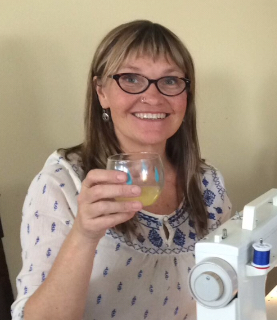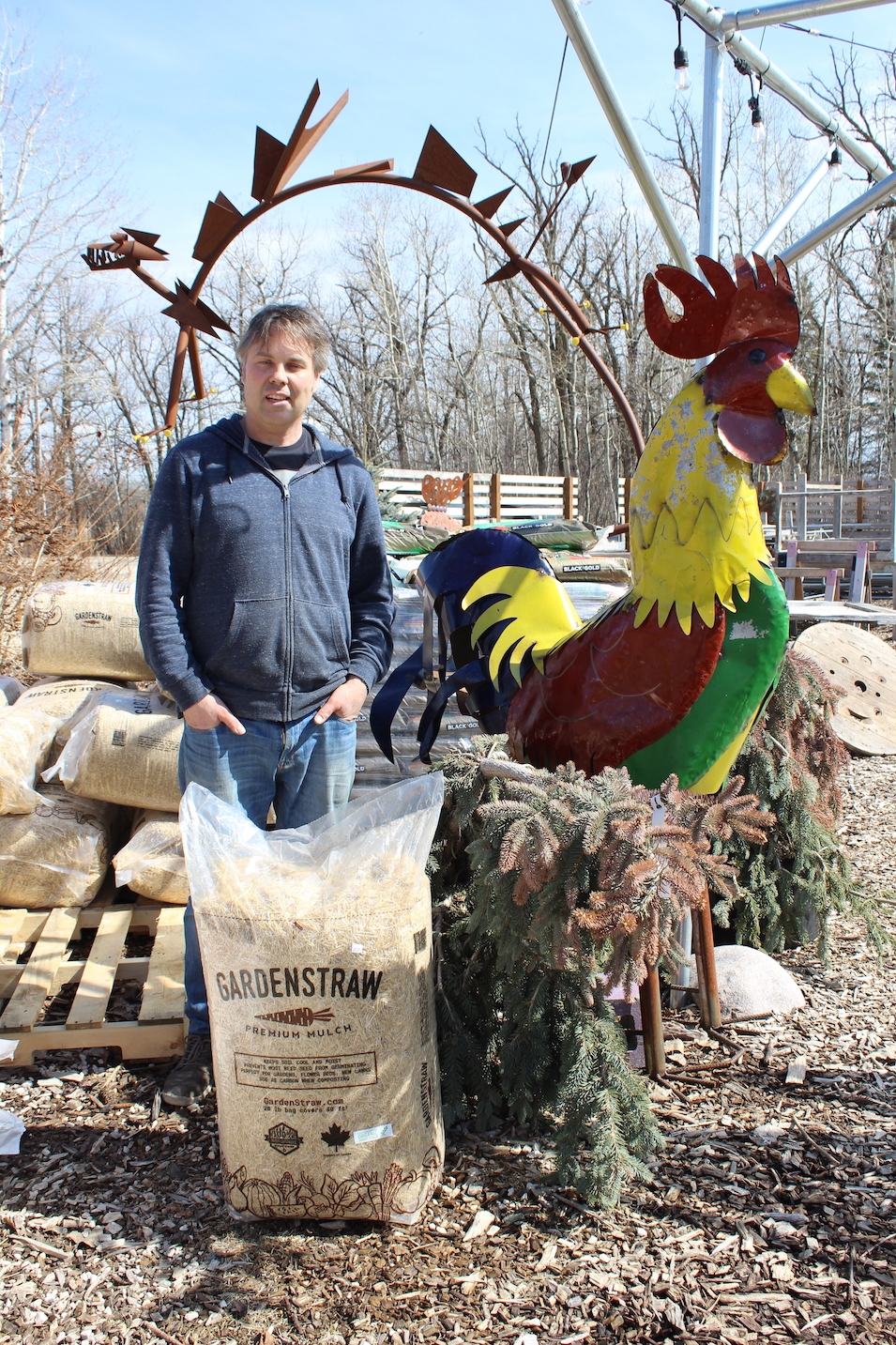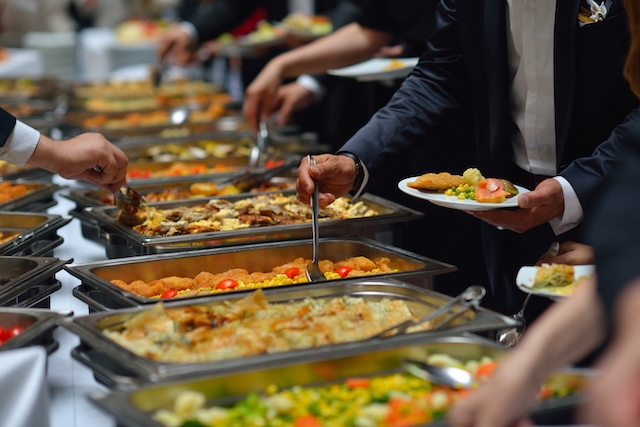
Sauerkraut Borscht
Ingredients:
- 2 quarts pork stock
- Root parsley
- Pinch red pepper
- 1 onion, chopped
- 1 or 2 potatoes, diced
- 1 quart homemade, canned sauerkraut
Directions:
Pork stock is made by boiling a good-sized pork hock until the meat is tender and loose on the bone, seasoned with two teaspoons of salt. Add more water to make two quarts when meat is done. Add potatoes, onion, and seasoning and cook until potatoes are done. Add sauerkraut and cook for a half-hour. If raw sauerkraut is used, longer cooking will be required. One cup of sour cream may be added just before serving if desired. Serve hot.
A personal touch: Like any traditional Mennonite dish, this soup underwent a few tweaks in Joyce’s mother’s kitchen. Pork hock is best used for its gelatinous qualities, making for the best possible stock. Her mother was liberal with the onions, as one was never enough. The potatoes were boiled until they were mashable and the potato stock became a part of the soup. Instead of sour cream, Joyce says her mother would have used fresh milk or cream, which was readily available back in the day at the dairy farm across the road.
Joyce’s Story:
“Sauerkraut borscht is a hot, sour, delicious comfort food that was my favourite as a child,” Joyce says. “It reminds me of growing up on the farm, how hard my mom worked at putting hot, homemade food on the table for her hardworking husband and all her eight children.”
She describes her parents as minimalists, but Christmas Day was the exception. Each child received a few humble gifts and their father spoiled them with Mandarin oranges and lots of candy, something that rarely made an appearance in the household for the balance of the year. Sauerkraut soup, along with home-baked brown bread and butter, became a panacea to a child’s unsettled stomach.
“My mom is gone now, and when I make her borscht I feel like I’m bringing her essence to the table, almost summoning that cosy family feel around the table on the farm,” Joyce says. “Everything was warm and safe and we were all together.”
The youngest of eight kids, Joyce remembers the awe she felt as the entire family gathered at the Christmas table, her father at the head and her mother to his right. Her dad always opened with a blessing, prayers that comforted her and set the tone for a day of reverence and gratitude.
“The smells and tastes of Christmas are to me like a call to pause and dwell on all that is sacred and worthy of gratitude,” she says. “Especially to pause and dwell on people we love and care about. It’s about being warm and snug together under one roof, in pause from the whine and crush of the day. It’s about remembering my parents, who brought us up with enough. As my parents have passed on, and I am now the matriarch, Christmas is still the time when I pause in gratitude that I have my children, and they want to come home. We will sit around the table with more than enough. We will enjoy flavours from my ancestors, and some newer flavours too.”



















